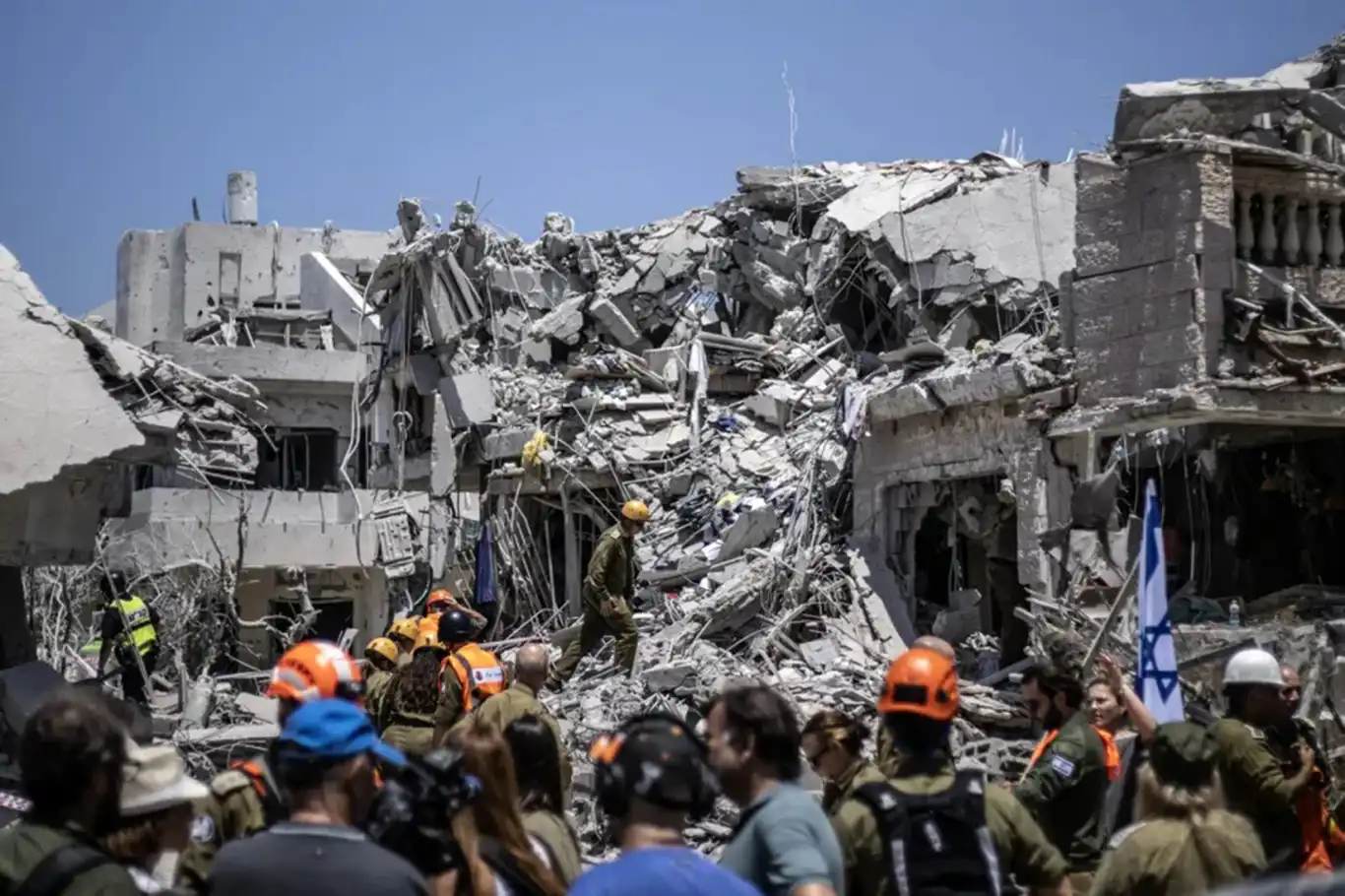Iran warns of unrestricted retaliation if Israel launches new attack


A senior commander in Iran’s Islamic Revolution Guards Corps (IRGC) has declared that the Islamic Republic will abandon all limitations in its response should Israel carry out any further acts of aggression.
The remarks come amid heightened regional tensions following a 12-day war that saw unprecedented direct confrontation between the two adversaries.
Speaking to Lebanon-based al-Mayadeen news channel on Friday, Brigadier General Ali Mohammad Naeini, spokesman for the IRGC, warned: “If a new aggression occurs against Iran, Iran's response will be crushing and we will have no red lines.”
Naeini stated that the Israeli regime had failed to achieve its objectives during the recent escalation, which began on June 13 with what Tehran described as an unprovoked attack that included the assassination of high-ranking military officials, nuclear scientists, and civilians.
“The enemy’s goal was to destroy the Islamic Republic’s capabilities and destabilize the country. But Iran’s swift and decisive response thwarted their plans,” Naeini said.
He added that over the course of the conflict, Iran launched more than 2,000 missiles and drones targeting Israeli military, intelligence, and economic infrastructure across the occupied territories. The Iranian military also struck the U.S.-operated al-Udeid Air Base in Qatar—a key American facility in West Asia.
The IRGC spokesman noted that Iran’s adversaries resorted to military action only after their efforts to pressure Tehran through diplomatic means failed. “The enemies have clearly underestimated the Islamic Republic’s resilience and deterrence capabilities,” he said.
He emphasized that the assassination of Iranian commanders was intended to provoke chaos and fear, but instead unified Iran’s military response. “We responded swiftly, and now the Zionist regime is deeply concerned about the scale and impact of any future Iranian retaliation,” Naeini warned.
Iranian officials have accused both Israel and the United States of serious violations of international law, including breaches of the UN Charter and the Nuclear Non-Proliferation Treaty (NPT). Following U.S. airstrikes on three Iranian nuclear sites after the Israeli attacks, Iran responded with a broader retaliatory campaign targeting both Israeli and American assets in the region.
The conflict reached a turning point on June 24, when Iran’s retaliatory operations reportedly compelled a halt to further acts of aggression from both Tel Aviv and Washington.
Separately, Iran’s Army Chief reaffirmed that the country’s armed forces remain on full alert and are prepared to defend national sovereignty and territorial integrity against any future aggression.
As tensions persist, Tehran has made clear that any new attack will trigger an unrestricted military response, underscoring a shift in Iran’s strategic posture and its readiness to escalate in defense of its national interests. (ILKHA)
LEGAL WARNING: All rights of the published news, photos and videos are reserved by İlke Haber Ajansı Basın Yayın San. Trade A.Ş. Under no circumstances can all or part of the news, photos and videos be used without a written contract or subscription.
A critical power outage struck the Russian-occupied Zaporizhzhia Nuclear Power Plant, Europe’s largest nuclear facility, on Friday, raising fresh fears about nuclear safety, the International Atomic Energy Agency (IAEA) reported.
U.S. President Donald Trump expressed cautious optimism on Friday about a potential ceasefire agreement between Israel and Hamas, suggesting a deal could be finalized as early as next week.
Hamas has submitted a constructive and positive response to a recently updated ceasefire proposal mediated by Qatar and Egypt, raising hopes for a potential end to nearly two years of devastating Israeli aggression on the Gaza Strip.